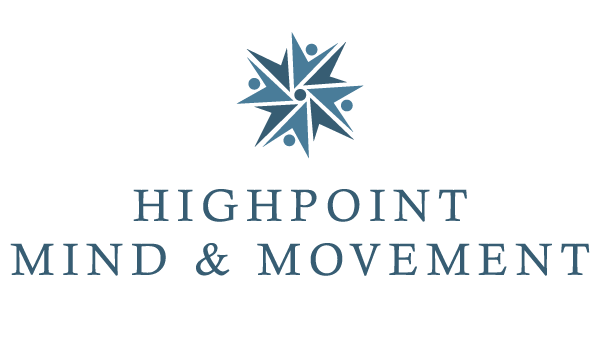
Whole Brain Integration
for Adults
Many adults are unable to achieve their goals, get rid of unwanted habits, be productive on the job, or feel a measure of personal satisfaction. In fact, nearly three quarters of all adults now say they have moderate to high levels of daily stress, and nearly half report that their stress is increasing. Anxiety and depression, too, are on the rise.
If you have been struggling with any of these issues, it’s likely you’ve already been looking for ways to gain control over your life. You may even feel that there is something lacking in your character, keeping you stuck and unfulfilled. But, in the last two decades, new brain research has shown us that our conscious mind is only half the story when it comes to our emotional health. We must consider the whole brain to make meaningful change in our lives.
The lower regions of the brain, which reside outside our conscious mind, have a profound impact on how we think, what we feel, and the way we behave. We may consciously understand that we are struggling. We may even understand some of the underlying causes of our distress, yet find we are unable to change them.
Using movement therapy, I work with you to access these lower regions of your brain in order to alter old patterns of behavior, regardless of their source or how long they have been in place. We then lay down new, healthy neural networks so that you can see meaningful, lasting improvements. Whole Brain Integration is an easy, effective method for managing stress, overcoming trauma, and building self-esteem.
Indicators
Stress
Anxiety
Depression
Trauma
Unwanted Habits
Phobias
Social Anxiety
Eating Disorders
Fight/Flight/Freeze Responses
Difficulty Meeting Goals
Feeling Stuck Without Knowing Why
Discover a New Way
Find out how simple movements and small shifts in thinking can create lasting change and allow you to live your life with vitality, clarity, and endless possibilities. Schedule a complimentary 30-minute consultation to learn more about movement-based somatic therapy and how it can be of benefit to you.

